SYLVIA BISHOP’S WAY WITH HORSES
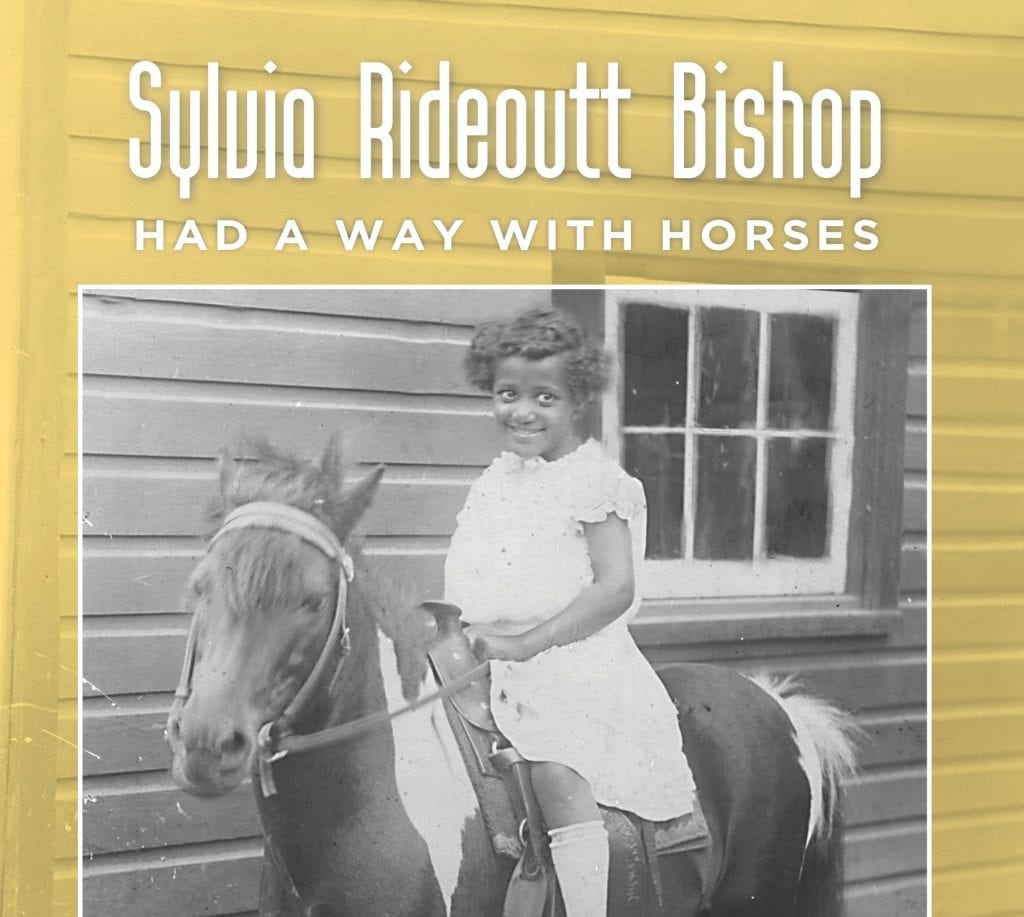
Vicky Moon likes to talk.
“I’m a yapper,” she says in an interview. “I’ll talk to anybody.”
Good thing, too: it’s that predilection towards chatter that led her, many steps and years later, to publish her most recent book, Sylvia Rideoutt Bishop Had a Way with Horses.
Bishop’s name is semi-familiar to Mid-Atlantic racing fans – each year, Charles Town Races hosts the Sylvia Bishop Memorial Stakes for three-year-old fillies – but her story, for the most part, is not.
And what a story that turns out to be. Bishop, who passed away in 2004, was, according to Moon’s book, the first Black woman licensed to train Thoroughbreds in the United States.
Think about that for a moment: Bishop began to train horses in the 1940s and 1950s, when legal segregation was the law of much of the land and the Rosie the Riveters who’d helped win the War were being pushed back into their kitchens.
“I don’t know how she did it,” Diana McClure, another trainer who races frequently at Charles Town, said late in the book. “She broke down barriers that were concrete.”
- Remembering Mike Valiante
 Delaware Park racing had no better friend than Mike Valiante, who passed away unexpectedly Sept. 6.
Delaware Park racing had no better friend than Mike Valiante, who passed away unexpectedly Sept. 6.
“It took Sylvia many times to even sit down to get to take the [trainer’s] test,” Moon says, a testament both to the intransigence of the system when Bishop was coming up – and to her own fortitude in refusing to let it stop her.
Still, as much as Bishop’s story is one of triumph and trailblazing, it is, in that sense, also unfinished. Moon relates a 2011 trip to the races at Timonium.
“Of the seventy-something trainers listed on this glorious September afternoon… seven are women,” she writes.
Of those, only one – Carlyne Tapscott – is a Black woman.
“The rules for a Black and a Black woman have never been the same,” Tapscott told Moon. “All eyes are always on you.”
Any trainer will tell you that the key to success isn’t training acumen; it’s access to good horses. Good horses can cover up a multitude of sins, but even the best conditioner can’t turn a slow horse into a fast one.
In the book, McClure related how challenging getting, and keeping, owners can be. Tapscott put it more bluntly.
“[A] woman has to prove what she can do with a good horse,” she told the author.
- Laurel Park: Final 2025 jockey and trainer stats
 Which Maryland and Laurel Park jockeys and trainers are having a good meet? Who’s doing better than you’d think? Or heating up now? Answers within.
Which Maryland and Laurel Park jockeys and trainers are having a good meet? Who’s doing better than you’d think? Or heating up now? Answers within.
It’s an environment that may seem unwelcoming, but for many on the backside, the lure of working with horses – good, bad, or indifferent – is too strong a call to ignore.
“It’s the smell,” Moon says of her own love affair with the equine. “It’s the way they put their nose up to you.”
It is, in other words, something about horses that speaks to something inside of some people; neither more complicated, nor simpler, than that.
For Bishop, one of 17 (!) children of a West Virginia family, that love affair began when, as a child, she had a single pony ride, a moment that became a life. At 14, she went to Charles Town Races to work as a groom.
While financial realities sometimes meant she was not physically at the track, she never really left it, either. In fact, Bishop continued to train horses until very late in life, notching her final official victory in February 2000 with a horse named – appropriately enough – Lone Wolf in a race for $2,500 claimers.
Moon’s book is a kind of hybrid known as “creative nonfiction,” one definition of which is “a genre of writing that uses elements of creative writing to present a factual, true story.”
While the central story of Bishop’s life and career is exhaustively researched, this approach gives Moon, an author of numerous other books, some leeway to create scenes and dialog that add richness to the telling.
“To do a biography would have been very dry and boring,” Moon says.
And of course, the racetrack Is a place of tales, tall and otherwise. Few of those tales are quite so remarkable as Bishop’s, whose own words aptly complete the book:
“I accomplished it, thanks to God and willpower. I knew I was Black and I turned my cheek and I said: ‘I will and I did.’”
LATEST NEWS



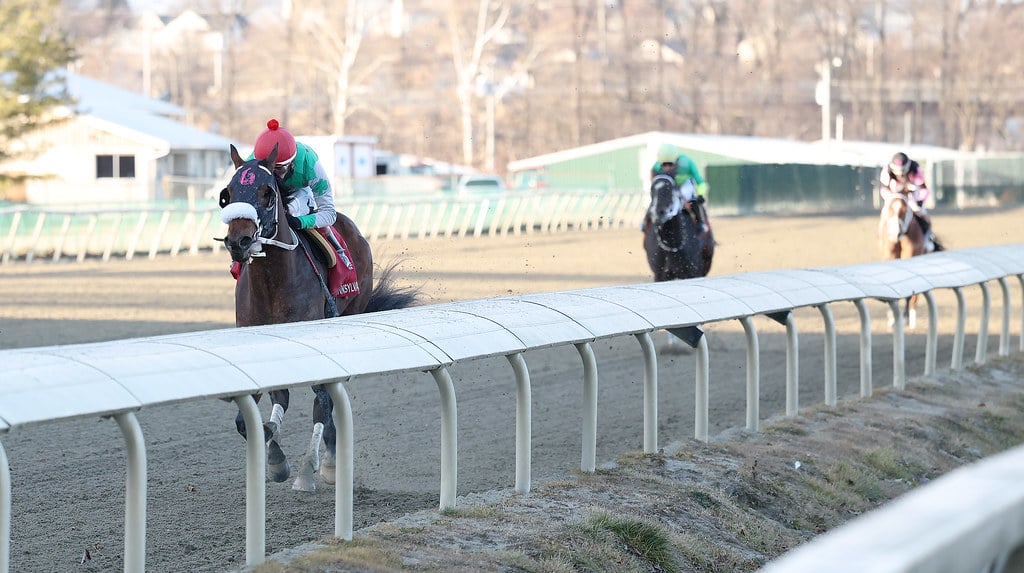
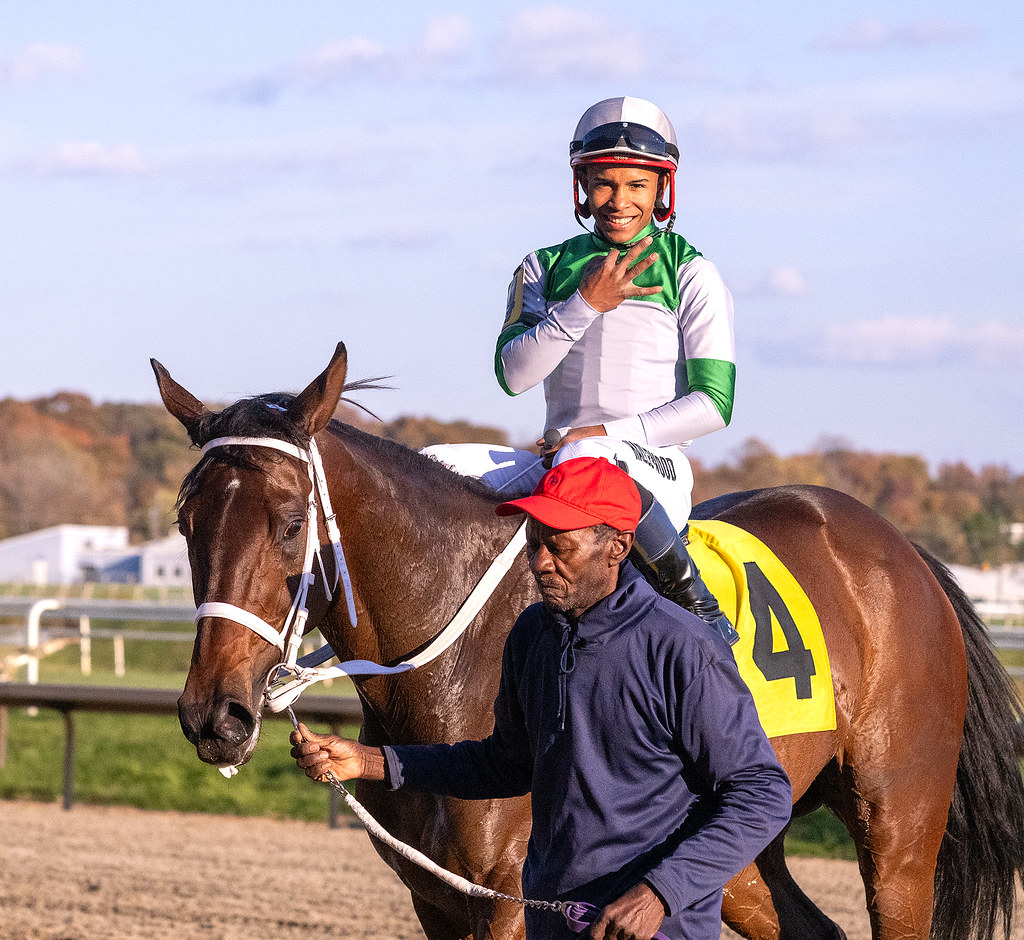
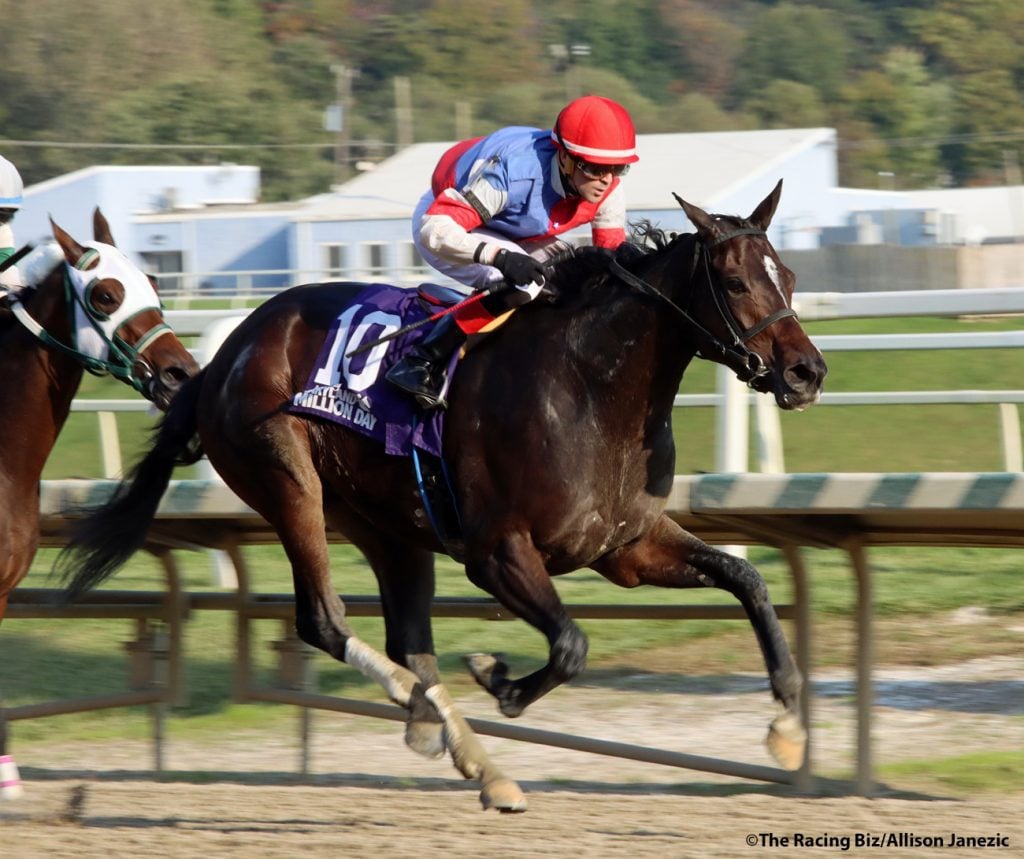
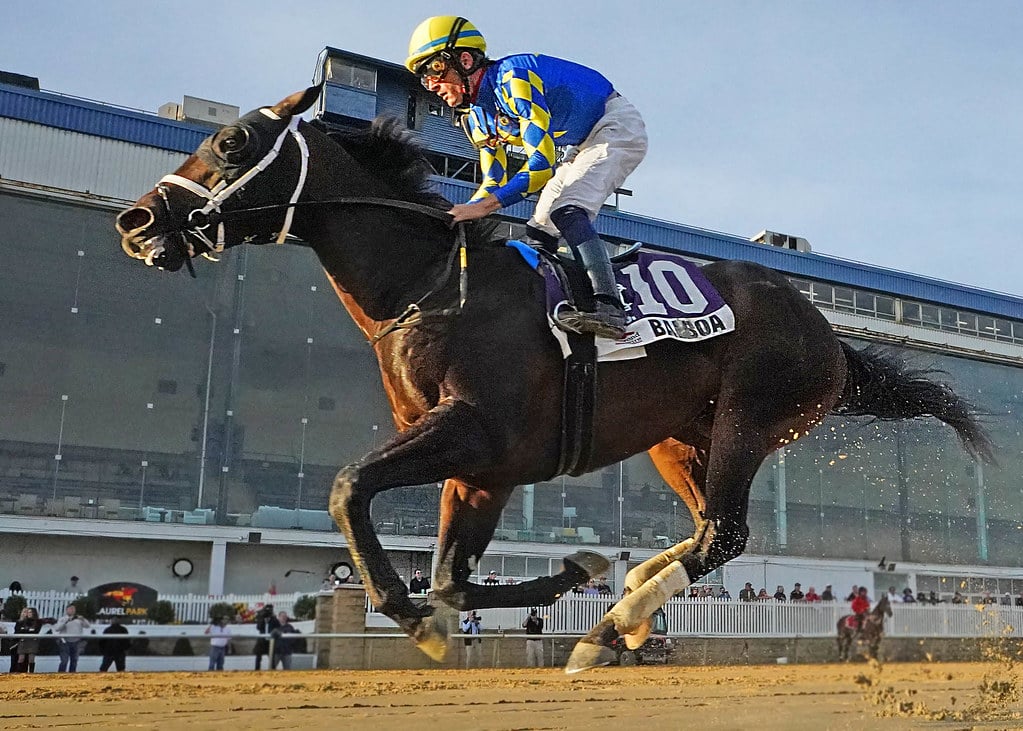
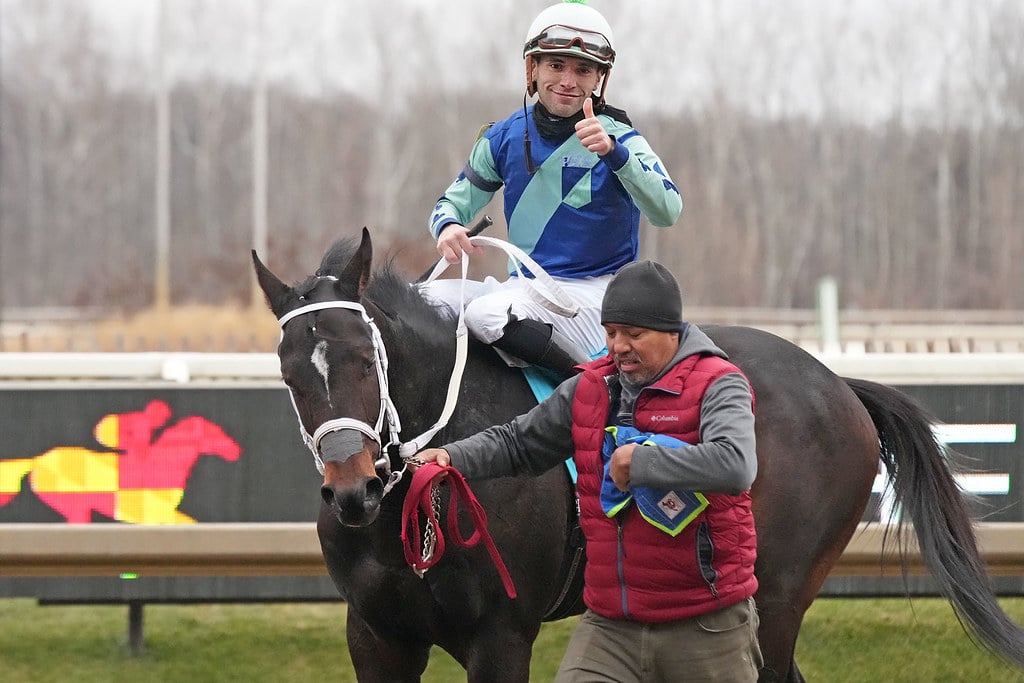




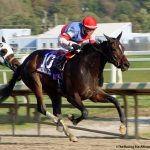

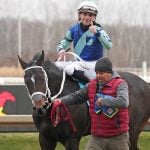
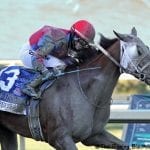

rick baldwin
30th Jan 2021It seems to me that Vespe has the same
love of the game that Ms Bishop and I have.